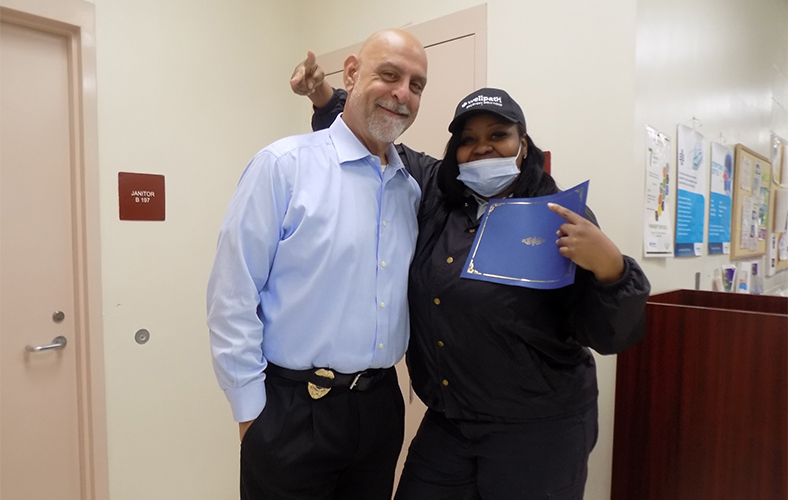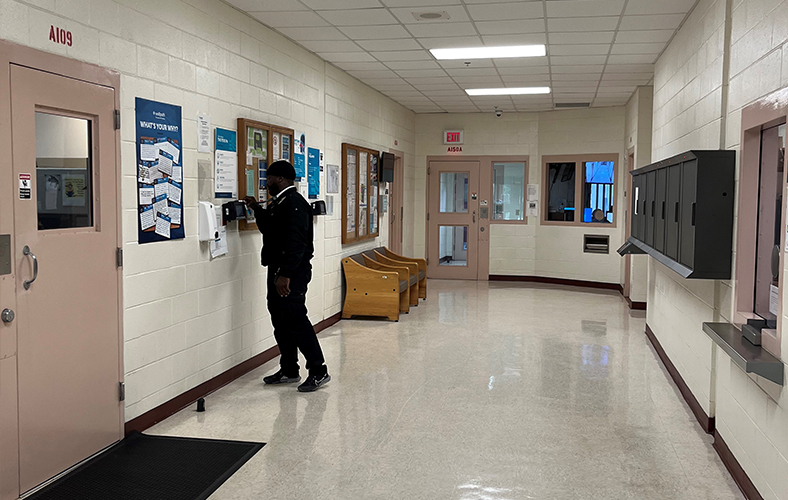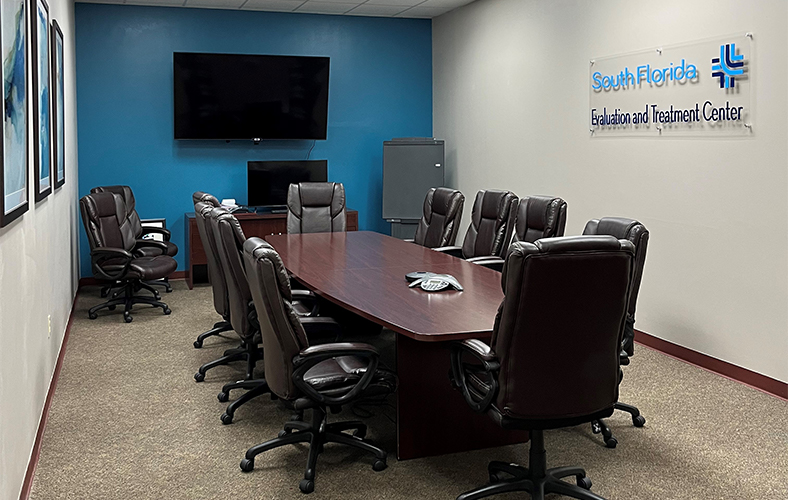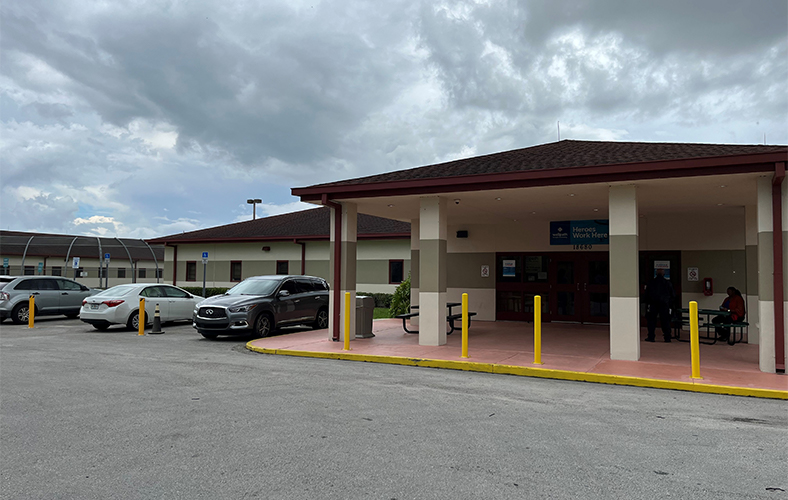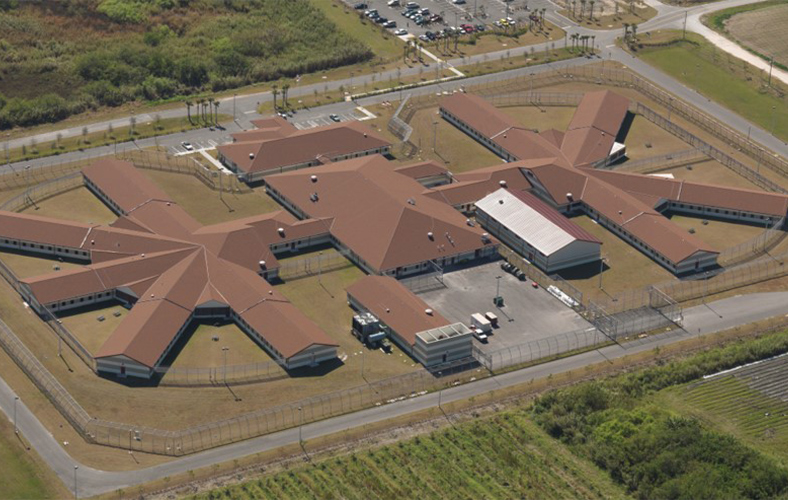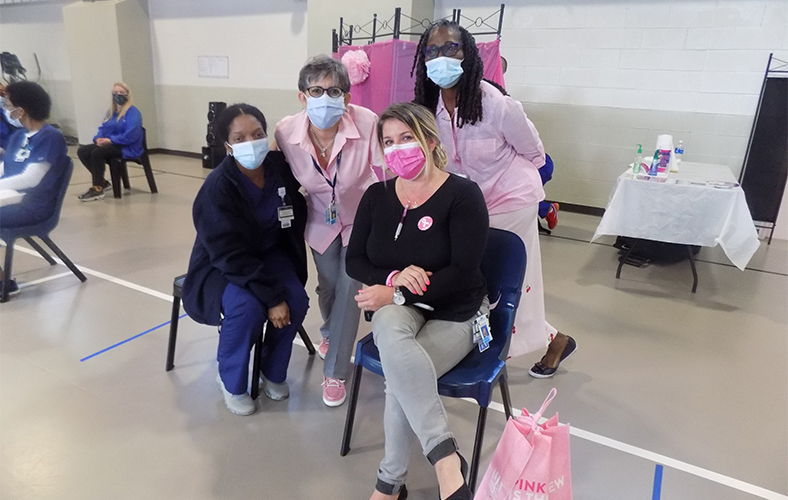South Florida Evaluation and Treatment Center
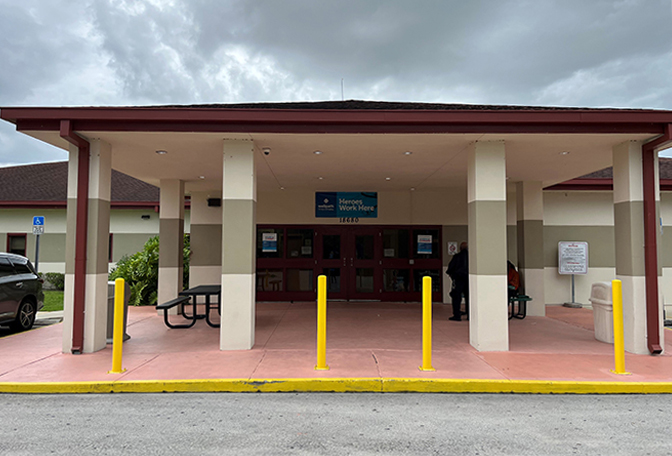
South Florida Evaluation and Treatment Center
PARTNER AGENCY
ACCREDITED BY
The Joint Commission
LICENSED BY
BACKGROUND:
Through a competitive solicitation process, the Florida Department of Children and Families chose Recovery Solutions to transition SFETC from public to private management in 2005. RS subsequently developed, designed, and built a state-of-the-art replacement facility that was completed in 2008.
Philosophy:
Services:
SFETC has developed processes for ensuring respect for patient rights, prevention of abuse, neglect and exploitation, the virtual elimination of seclusion and restraint, and effective linkages to the community, legal system, state psychiatric facilities, and other agencies.
Doctoral Psychology Internship Program:
Significant Achievements:
• Implemented active individualized patient treatment plans that led to a significant reduction in the average number of days to restore competency
• Implemented The Mandt System, a behavioral crisis interaction training, for all staff
• Established evidenced based practices and recovery culture
• Established an interdisciplinary response team for therapeutic responses to aggressive patients
• Initiated Dialectical Behavioral Therapy, Moral Recognition Therapy, and the Minkoff co-occurring disorders approach
• Coordinated training with National Technical Assistance Collaborative to educate staff on how to reduce the use of seclusion and restraint
• Implemented trauma-informed care
CAREERS
Join our culture of caring
Make a difference everyday helping those who need it most.

